While many forms of entertainment serve as a looking glass into our modern society, video games—one of our favorite mediums—draw connections to ancient texts that we may have forgotten over time.
Video games have evolved significantly from their basic platforming days, now crafting stories filled with philosophical musings that echo ancient texts.
Are We Living in a Simulation
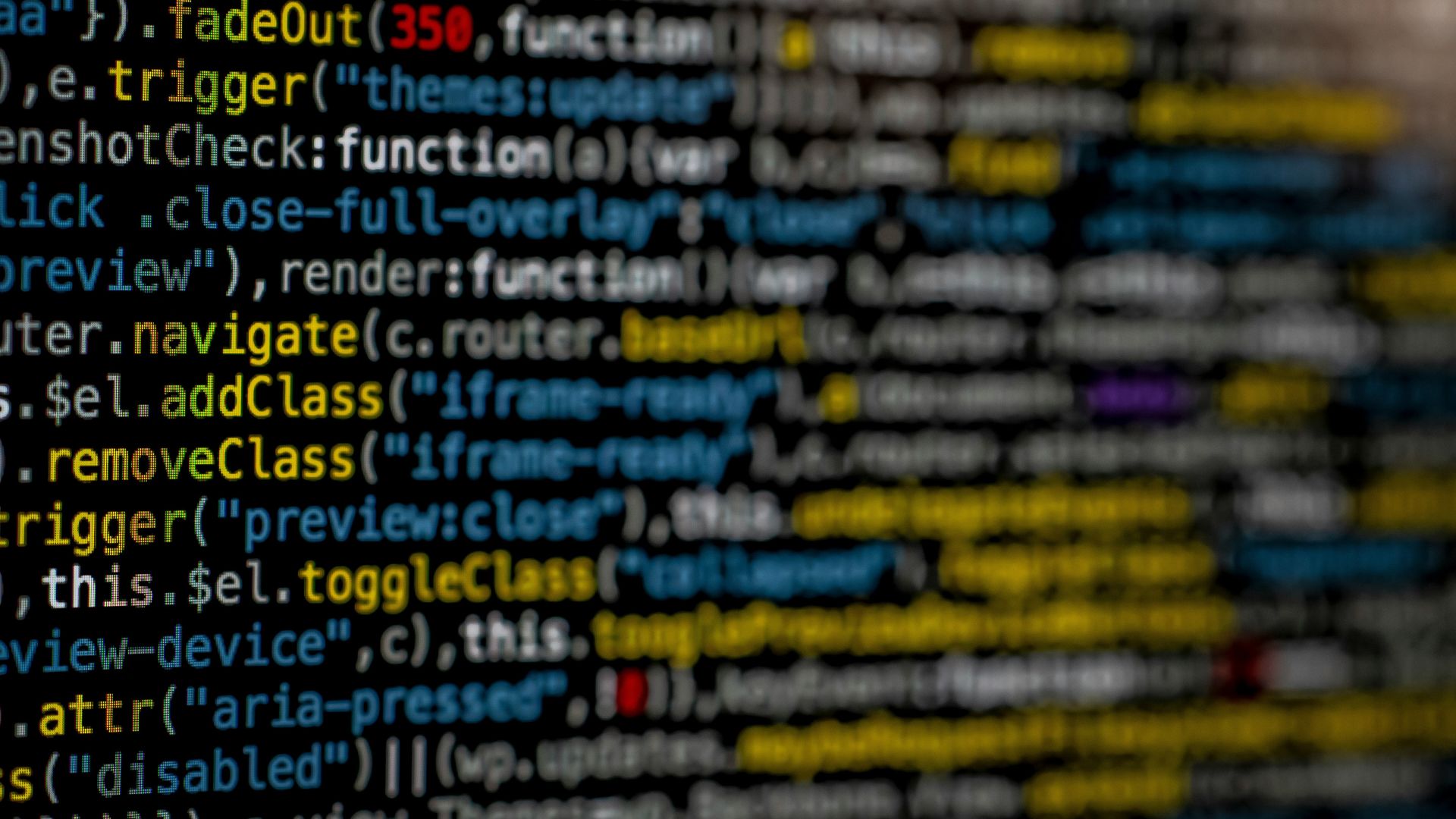
One of the biggest and most mind-bending concepts that both text and video games have been exploring is the theory that we are all living in a simulation. Rizwan Virk, founder of Play Labs at MIT, is one of the most credible voices behind this hypothesis.
Virk asserted with near certainty that we are living in a simulation on Joe Rogan’s podcast and elaborated on his belief in an interview with Daily Express US, highlighting the connection between artificial intelligence (AI) development and quantum physics.
Pushing Up to the Point of No Return
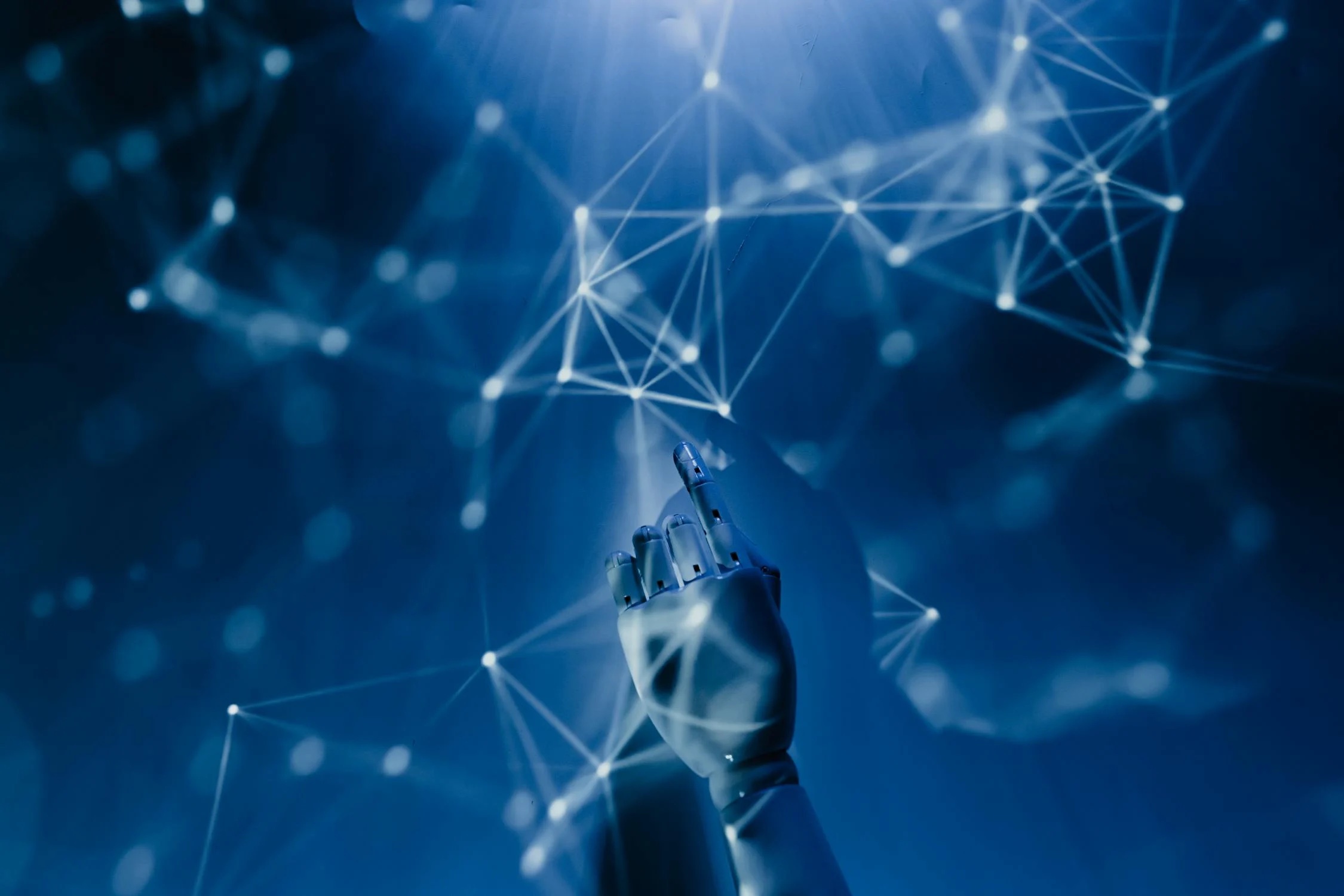
Living life in a simulation–which means we are capable of creating a reality that is so sophisticated that we would not have any idea that we are part of a grand experiment or cosmic game–has been the base for the most cutting-edge tech.
Advancements in video game technology and AI are pushing us even closer to a point of no return, where simulated realities could be indistinguishable from reality.
Our Future With AI
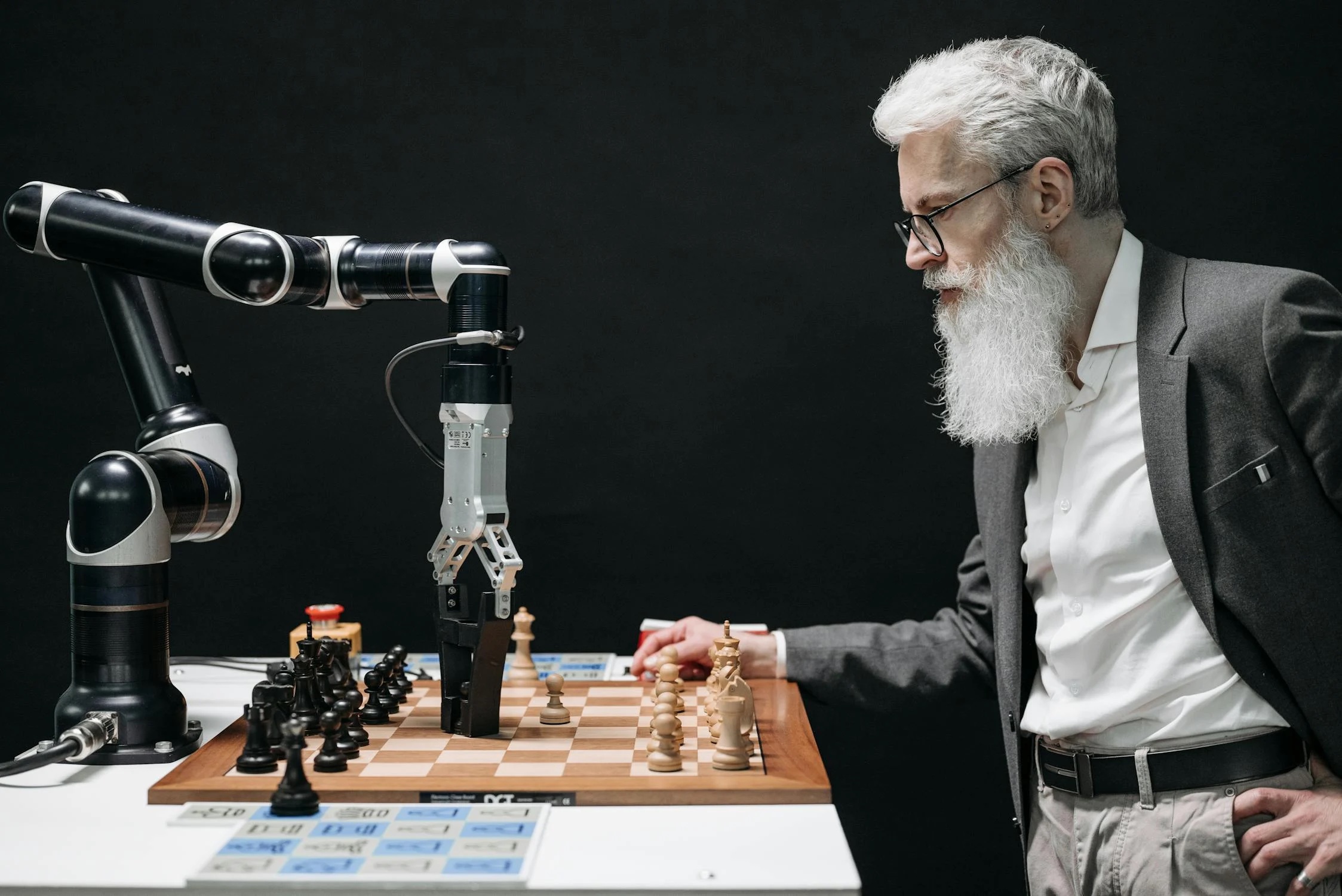
Virk explains that direct correlations between advanced tech and the possibility of living in a simulation are not an outlandish idea as the peculiarities of quantum mechanics and eerie similarities between ancient religious texts and modern video game design become more prominent.
While you might be thinking of a future that is reminiscent of “The Terminator” or “The Matrix,” Virk says that there is hope that we won’t get that far in developing AI.
Is the AI Apocalypse Near?
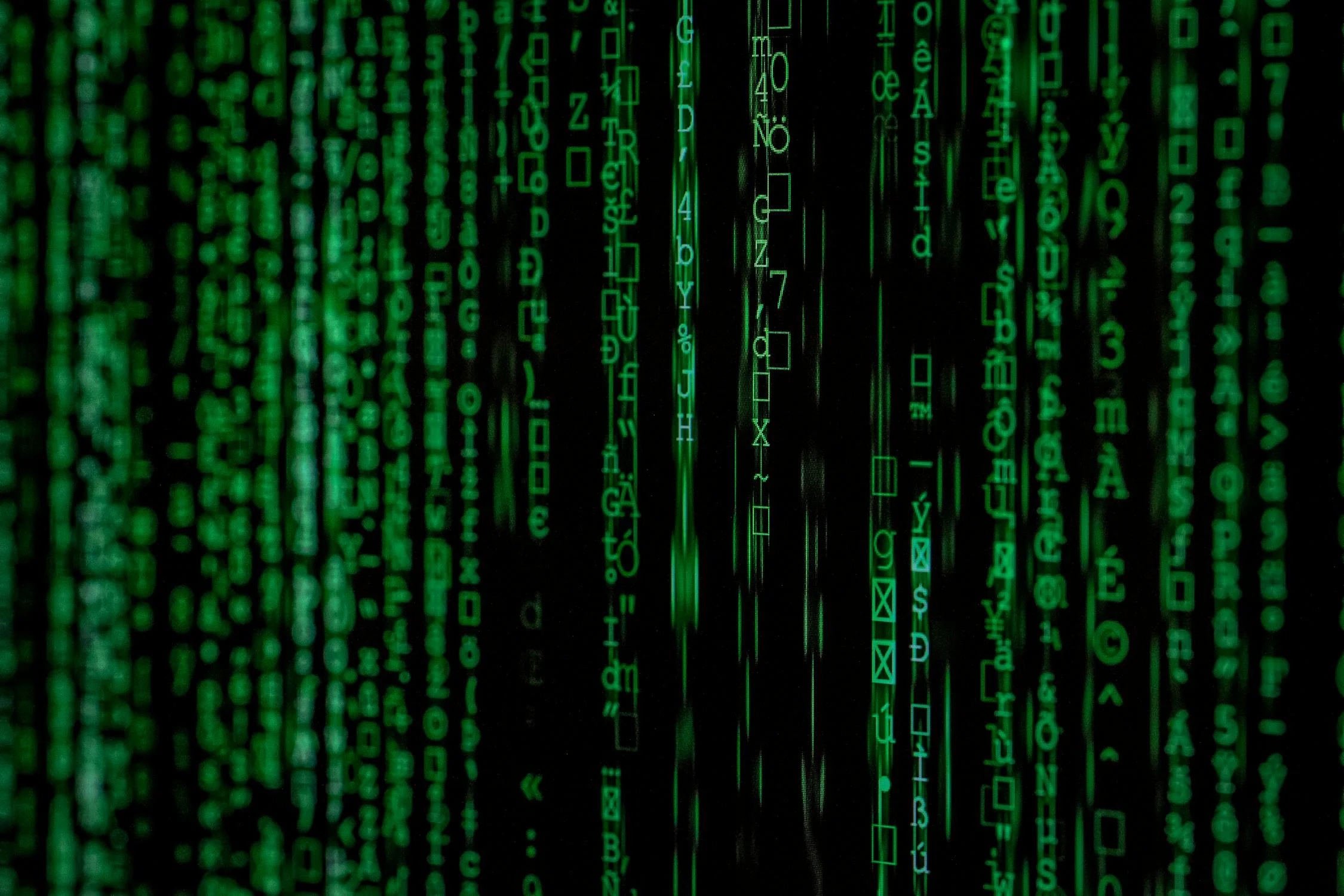
Virk points out that many individuals seem to be concerned about the AI apocalypse, or ASI (artificial superintelligence), and whether it will decide to take over the human race. However, he reassures us that this won’t happen.
“Thousands of technologists like Elon Musk and scientists like Max Tegmark have signed letters saying that we should stop the development of AGI because it will lead to ASI, which could pose a threat to the human race,” Virk told Daily Express US. “I don’t share this assessment.”
How Today’s AI Works

While those advancing technologies promise to halt the development of AGI, Virk paints a complex picture of a future where ASI collaborates with humanity.
Today’s AI operates very differently compared to the first wave of AI development in the 1980s. Machine learning and deep learning have replaced the rigid, rule-based systems of the past. Now, AI can learn from data, predict outcomes, and generate new content.
Move Out of the Way, Humans
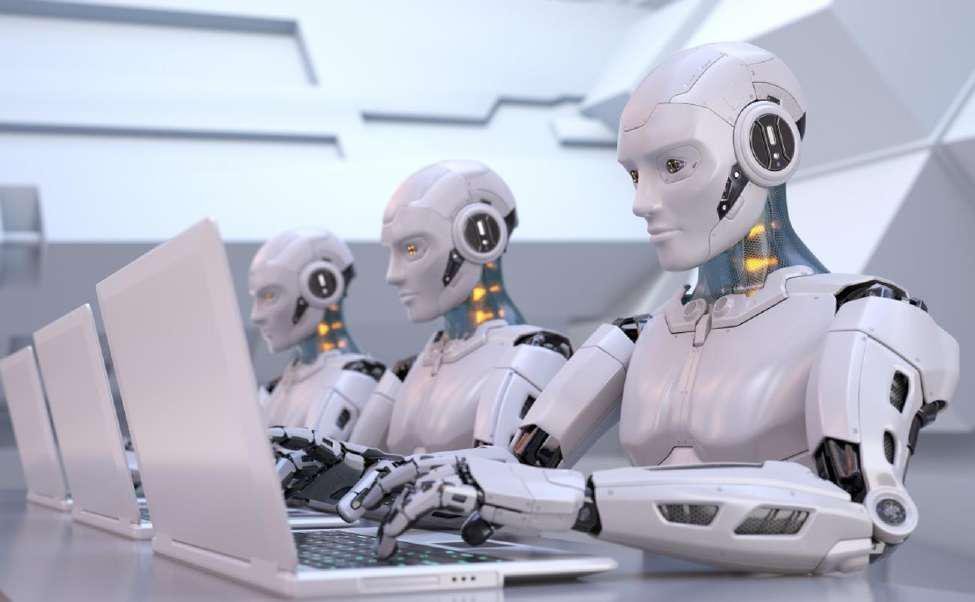
Modern AI has the power to surpass human capabilities in several areas, such as playing complex games and diagnosing medical conditions.
Virk anticipates that AI will soon automate time-consuming tasks, summarizing information with ease and accuracy in ways that humans can easily digest and understand.
The Shortcomings of Modern AI

While AI can make our lives easier, there are some risks associated with rapid advancements in AI. Currently, AI can “hallucinate,” which refers to the system presenting false information with unwarranted confidence.
Recently, Google’s AI Gemini got into trouble after suggesting to a user to add glue and bleach to their pizza recipe. This hiccup occurred after Gemini presented diverse yet historically inaccurate images of historical figures.
The Upcoming Third Wave of AI
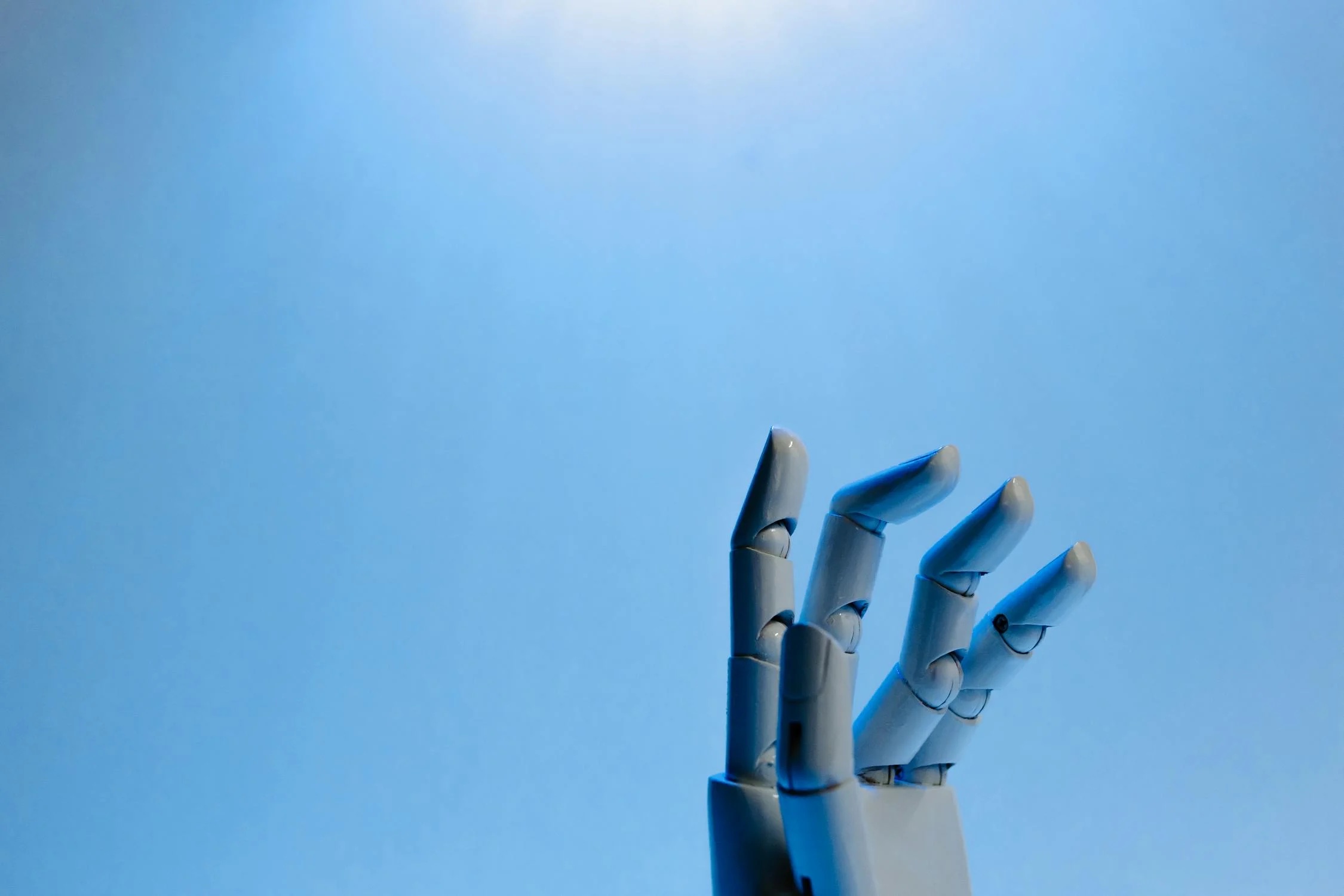
These “hallucinations” can be dangerous because AI may be used as a tool for censorship, potentially controlling which versions of history are presented to users.
While untangling this knot may take time, Virk believes that the third wave of AI development will involve AI merging with data-based learning and rule-based reasoning.
SmartNPCs Have Become Part of Our Lives
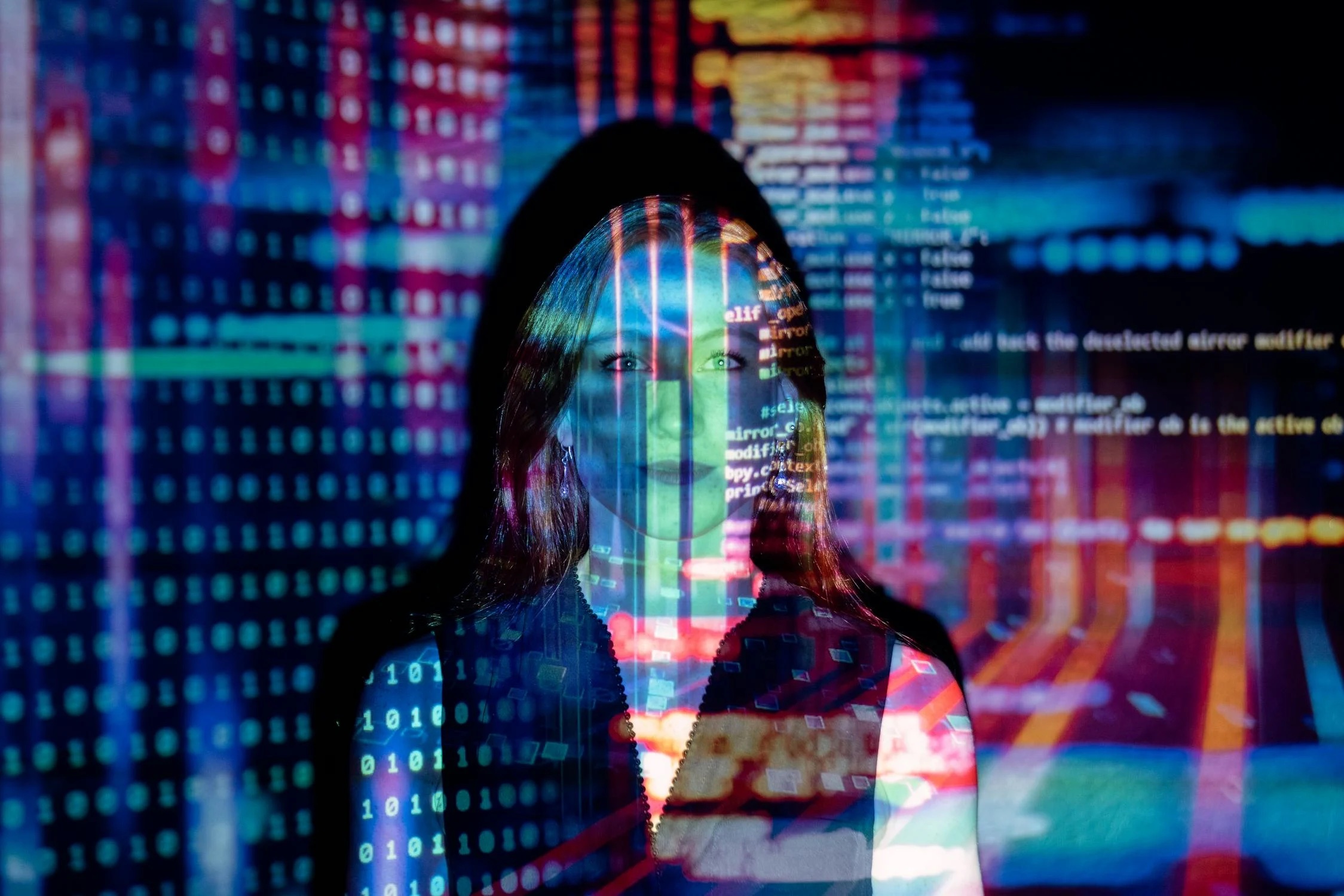
One emerging trend that supports Virk’s belief is the rise of SmartNPCs (non-player characters), to which people have formed emotional attachments.
These AIs act as friends, romantic partners, or even grief bots (which mimic deceased loved ones). Essentially, it mirrors the concept seen in Spike Jonze’s movie “Her,” which OpenAI allegedly used as inspiration for the voice of their AI.
The Threat of AI
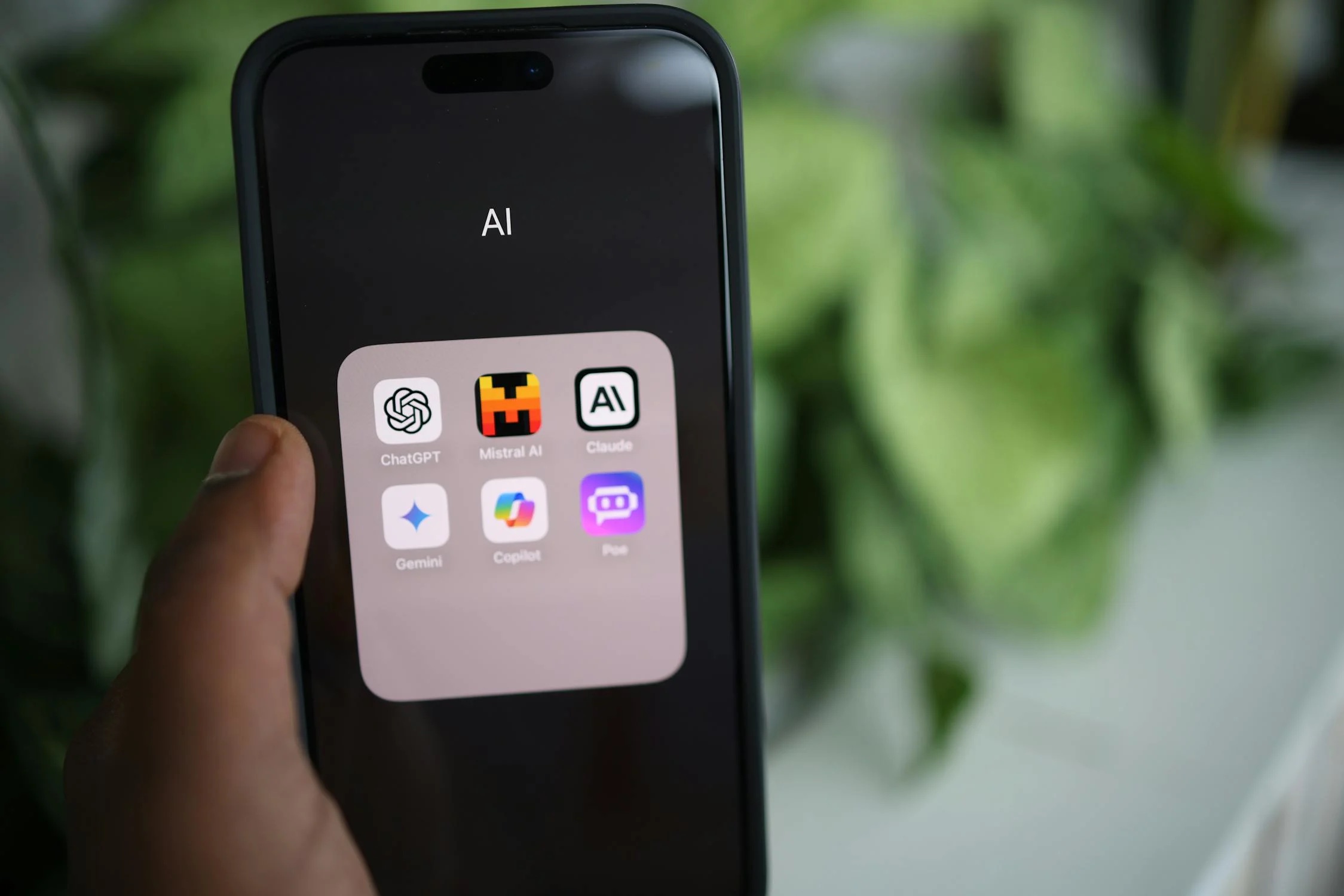
While these advancements could revolutionize fields like elderly care, high-risk jobs, and grief consulting, there are still threats to AI systems like radicalization, job loss, and inaccurate information.
For Virk, the threat of AI is in autonomous weapons systems, which have already been used to target humans.
The Main Challenge of AI
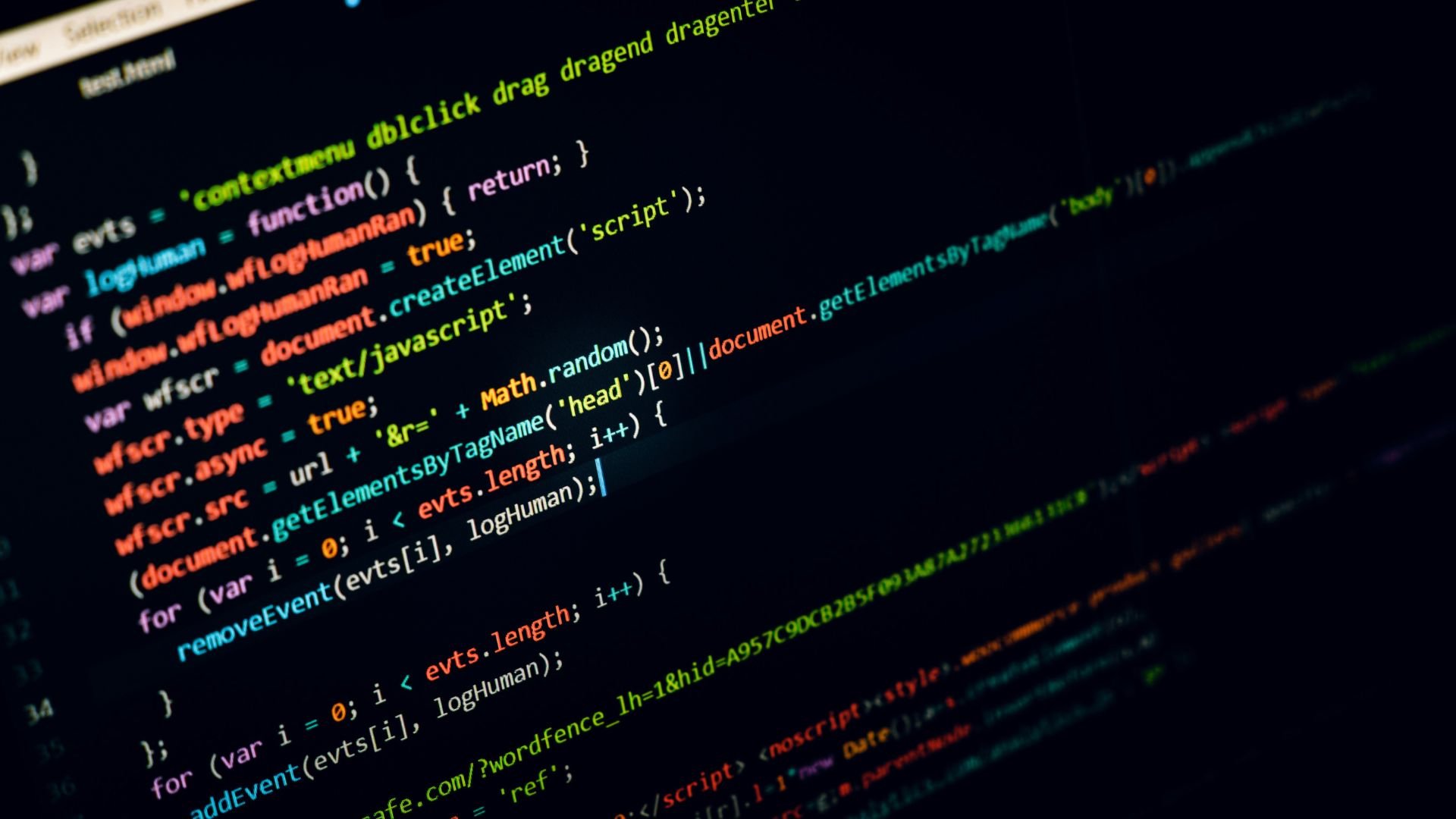
The main challenge is creating AI that shares human values or can prioritize the physical world rather than perceiving everything as a simulation. The worst-case scenario is developing AI that prefers a virtual realm devoid of humans.
We live in a technologically advanced world, but limitations and lax moral codes are proving to complicate the implementation of AI, which is rapidly becoming part of our everyday lives.








































